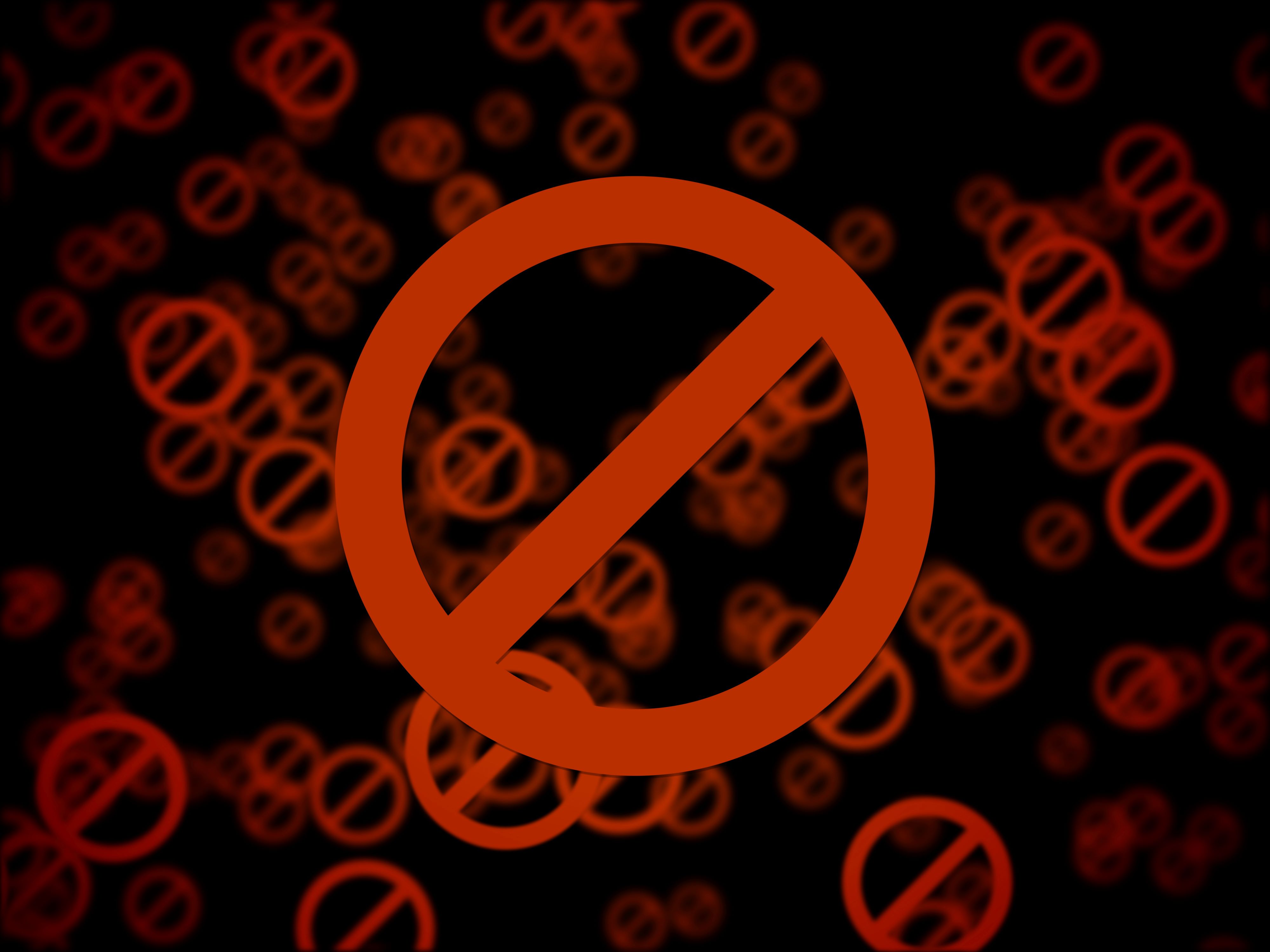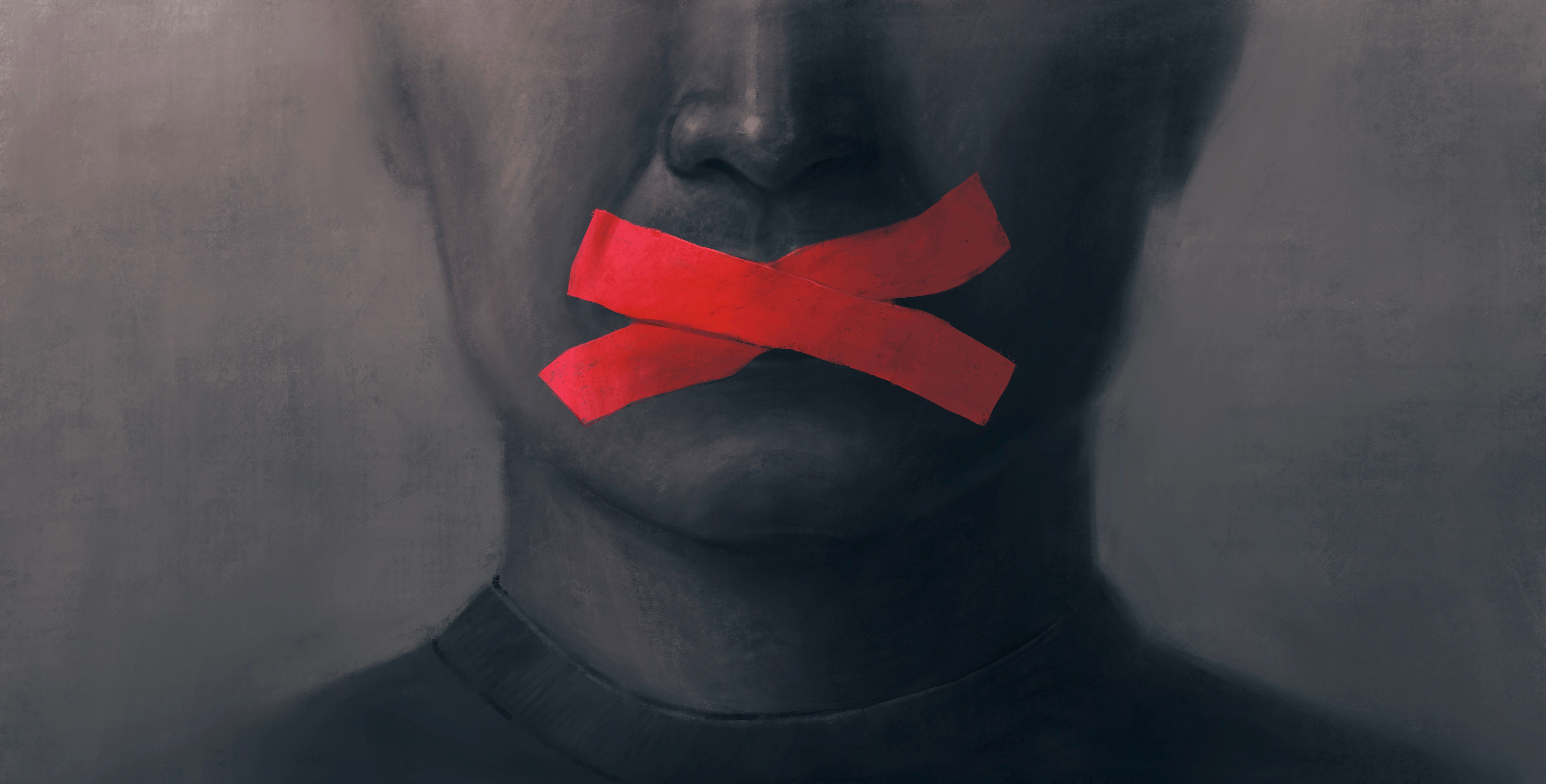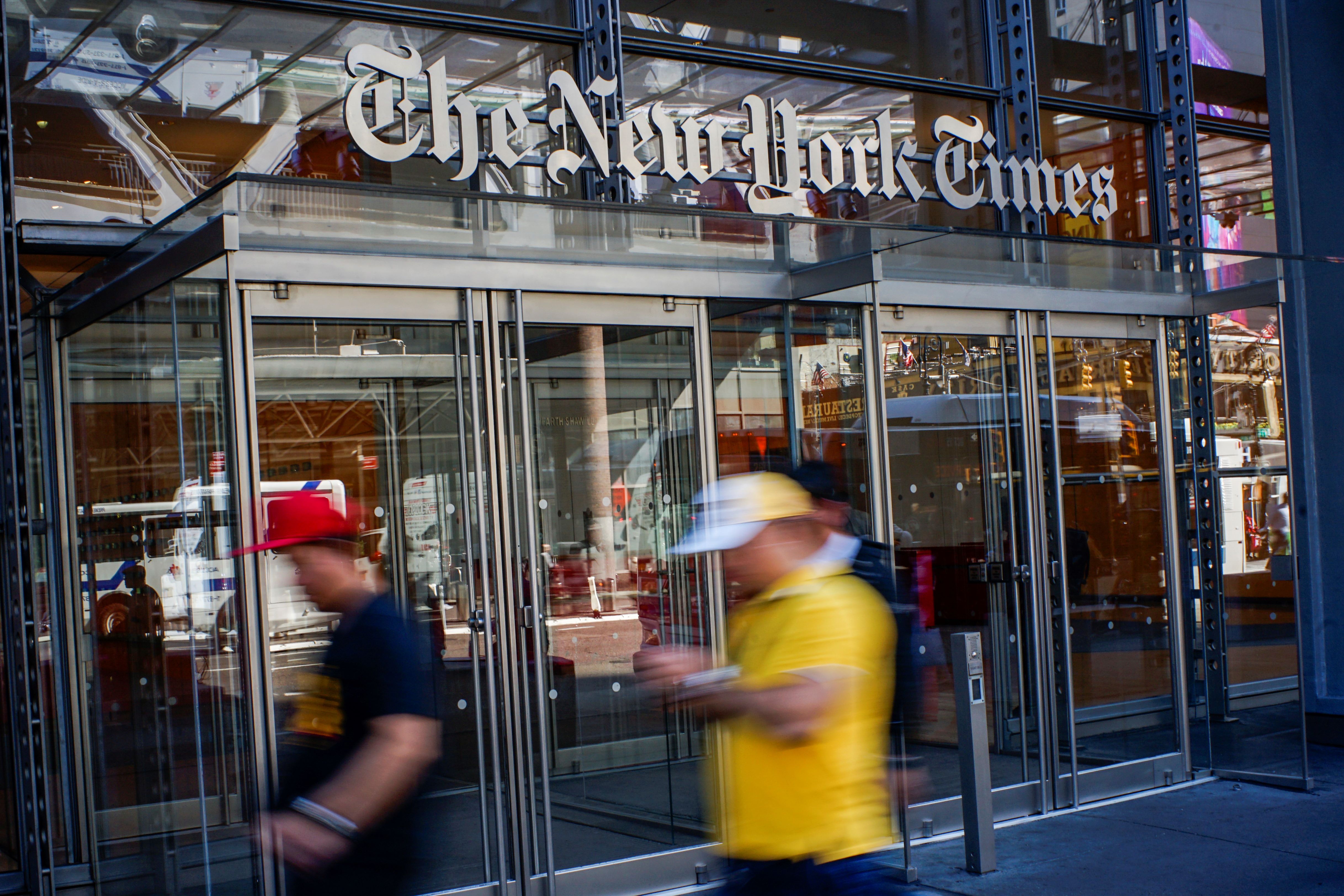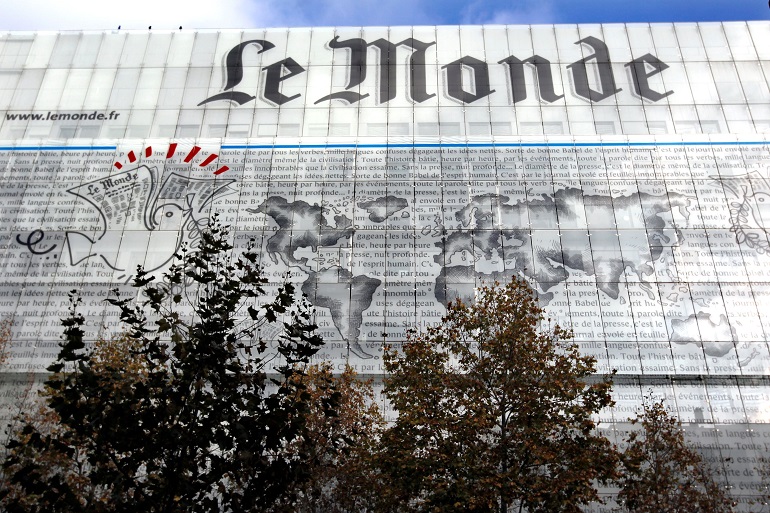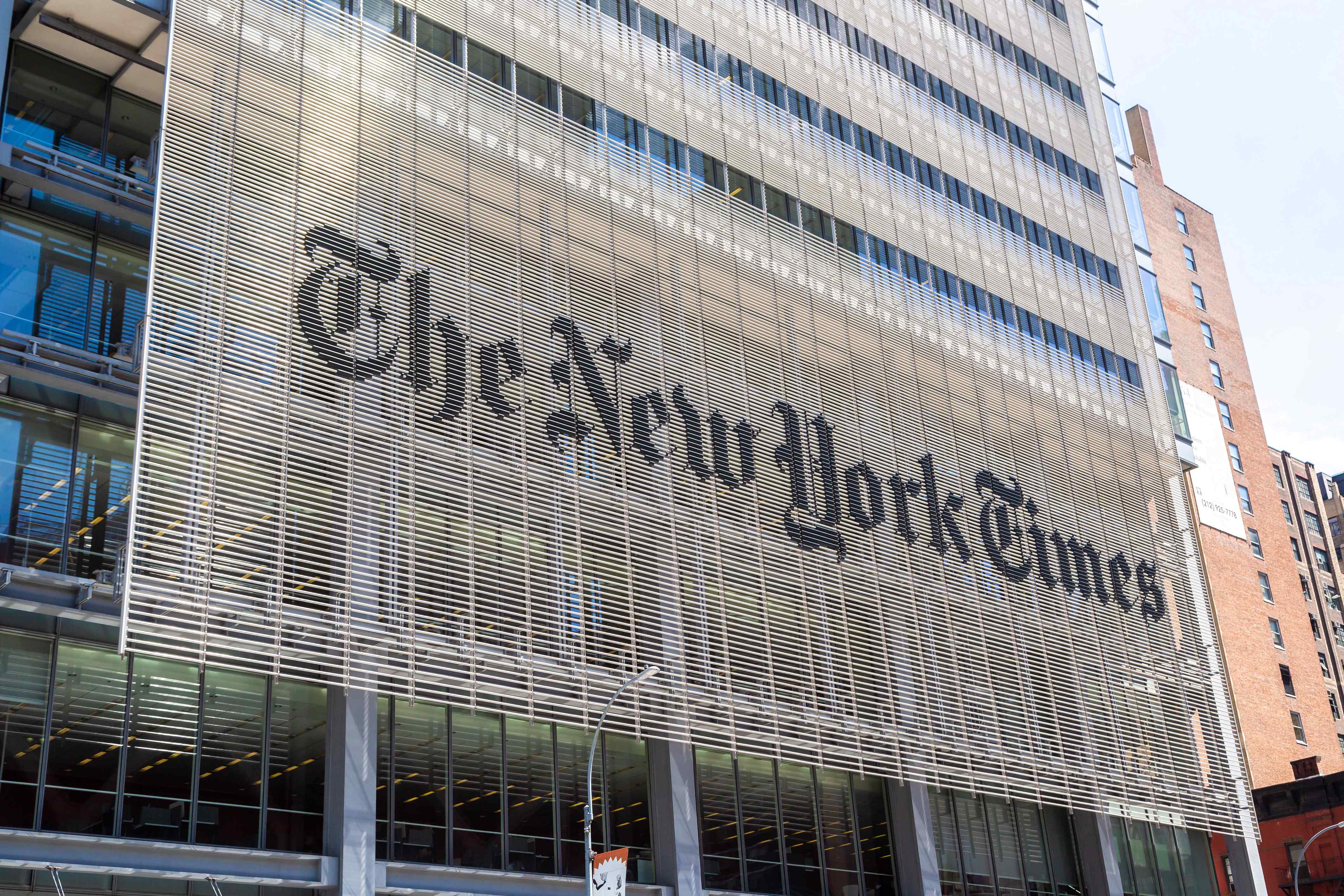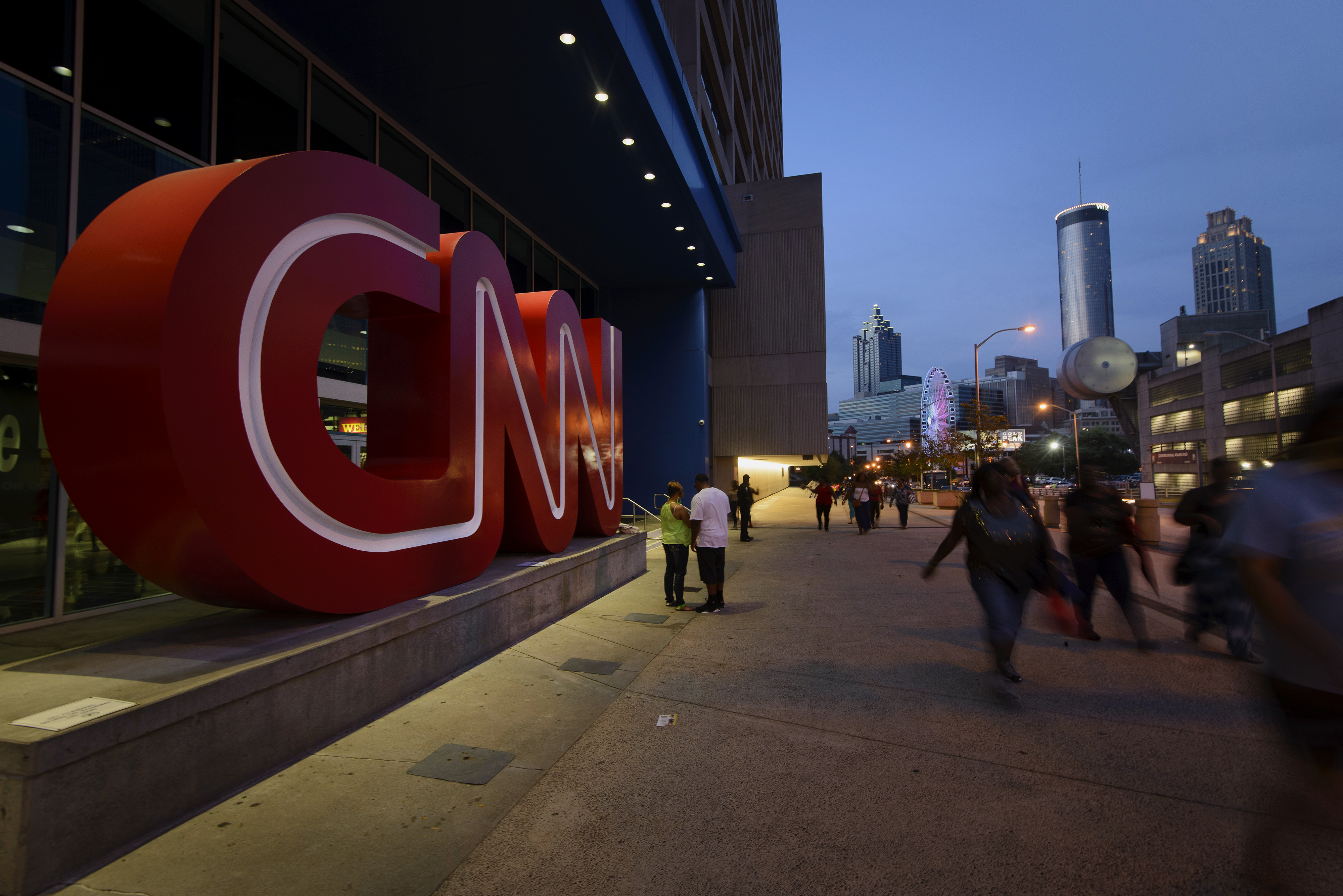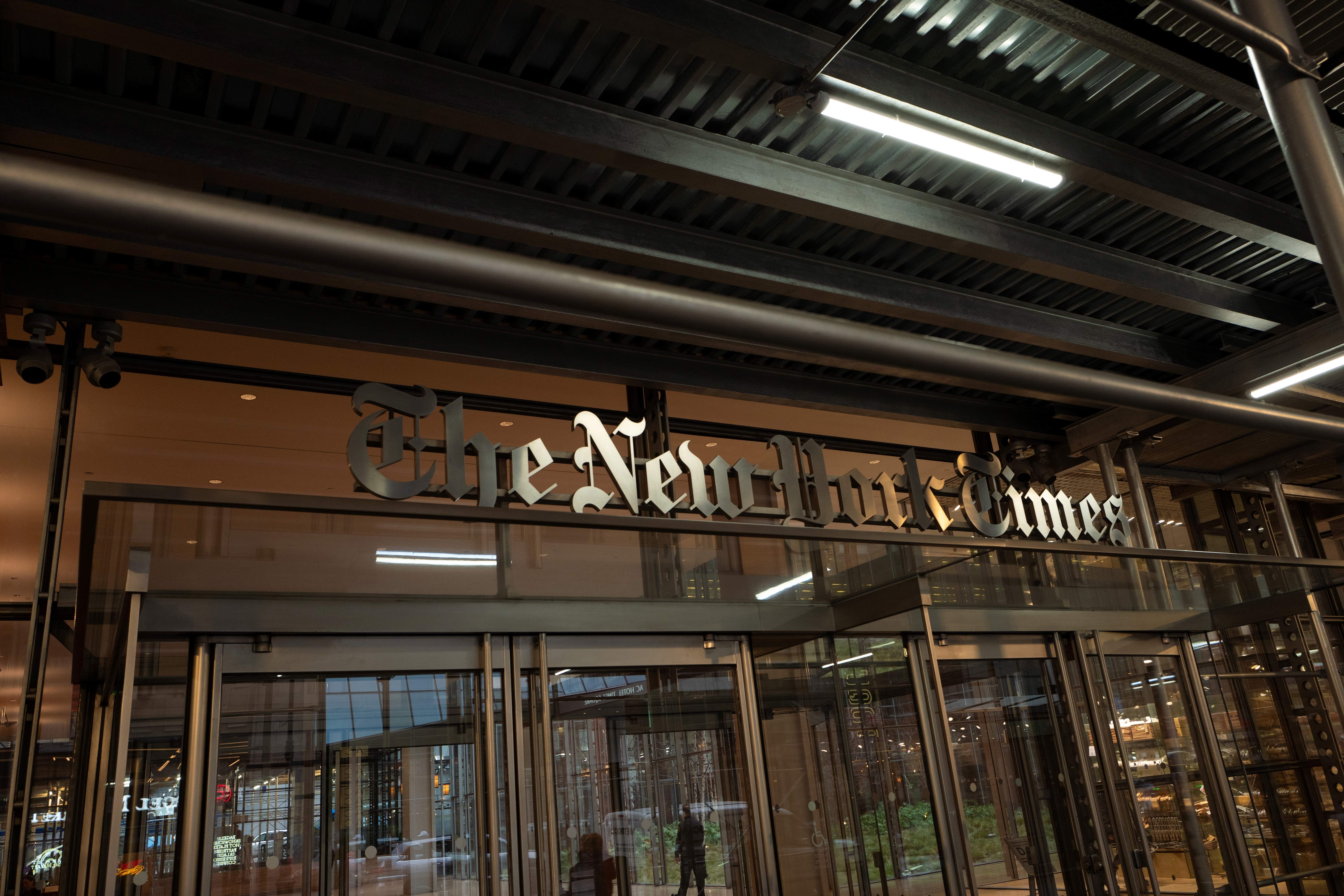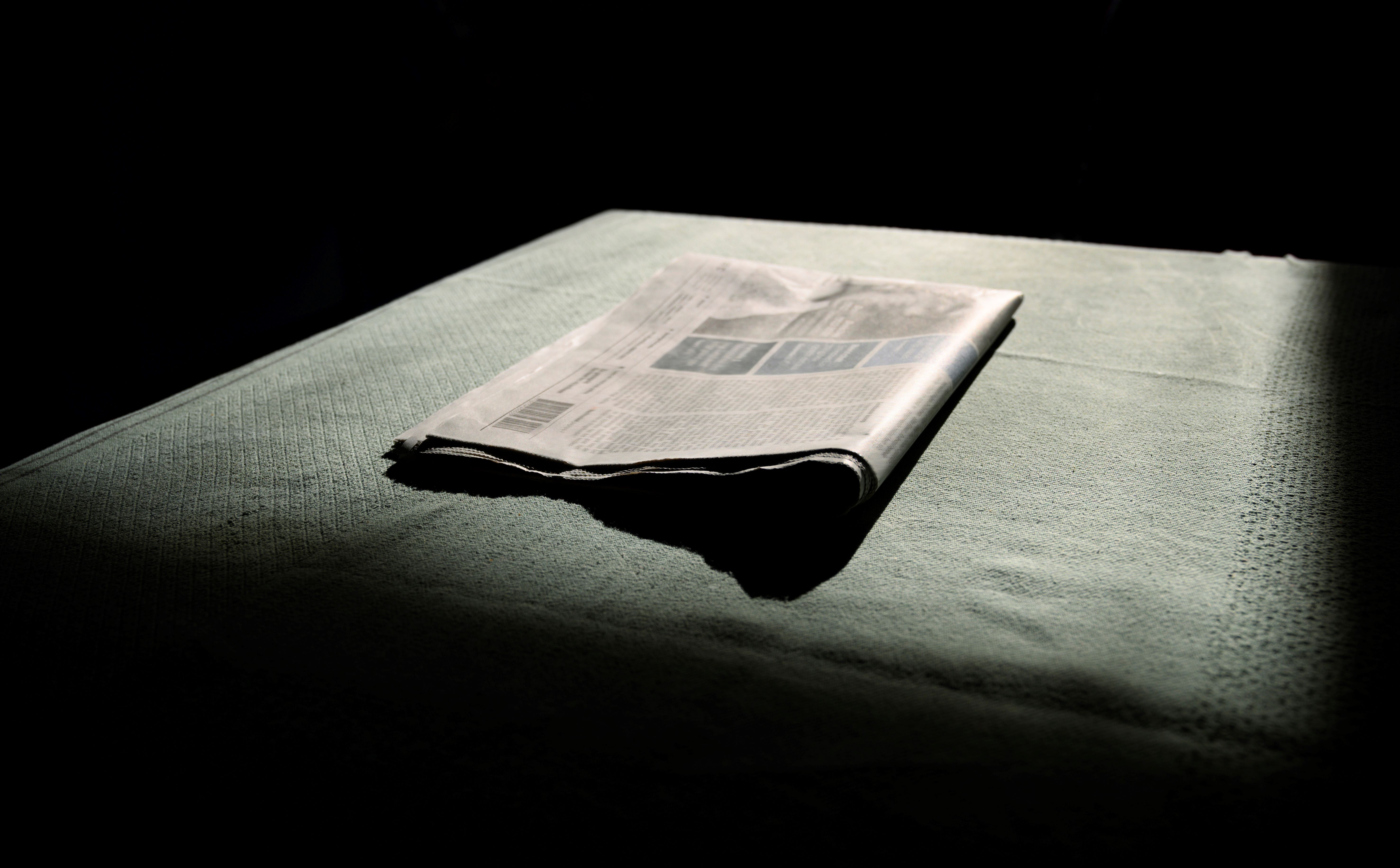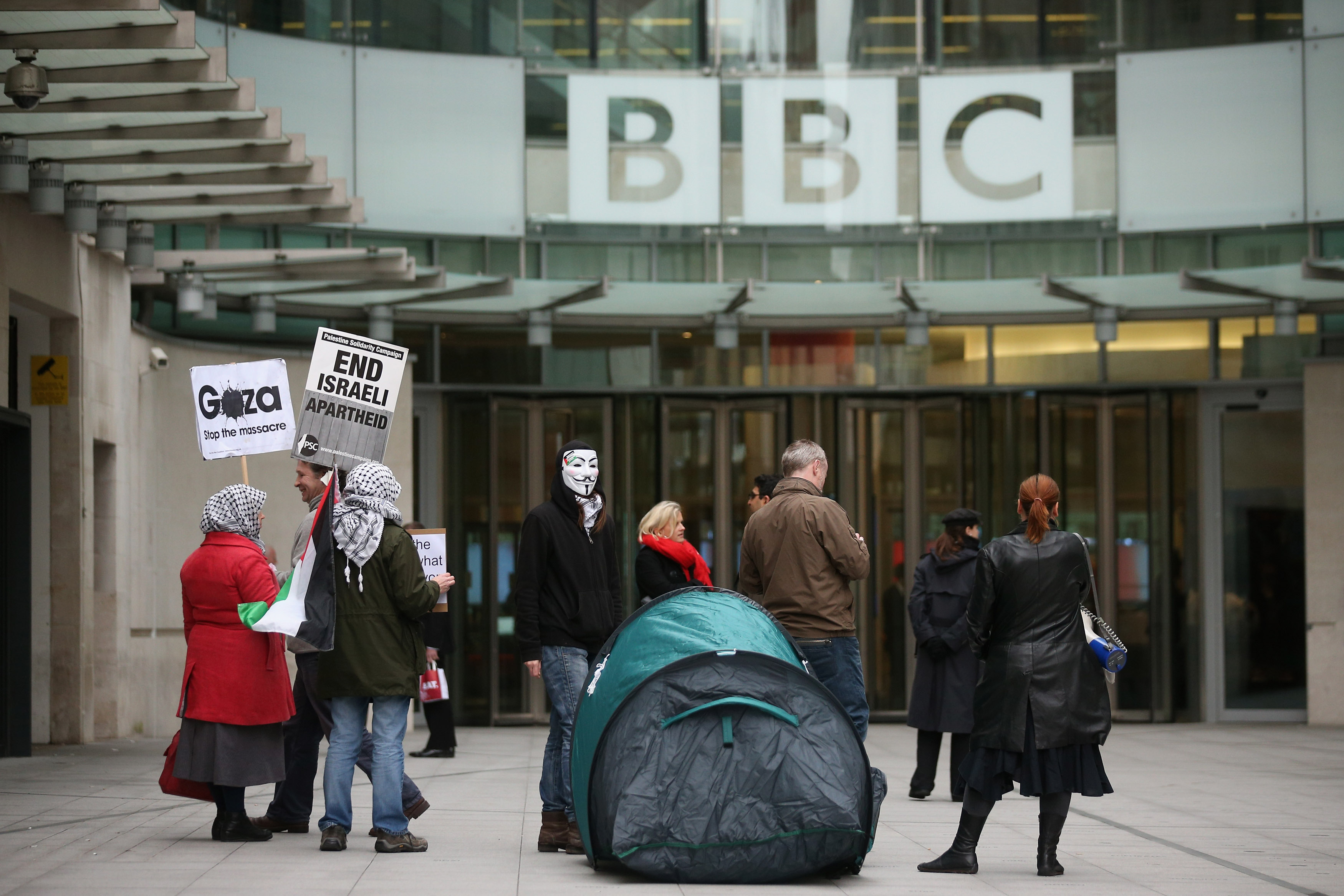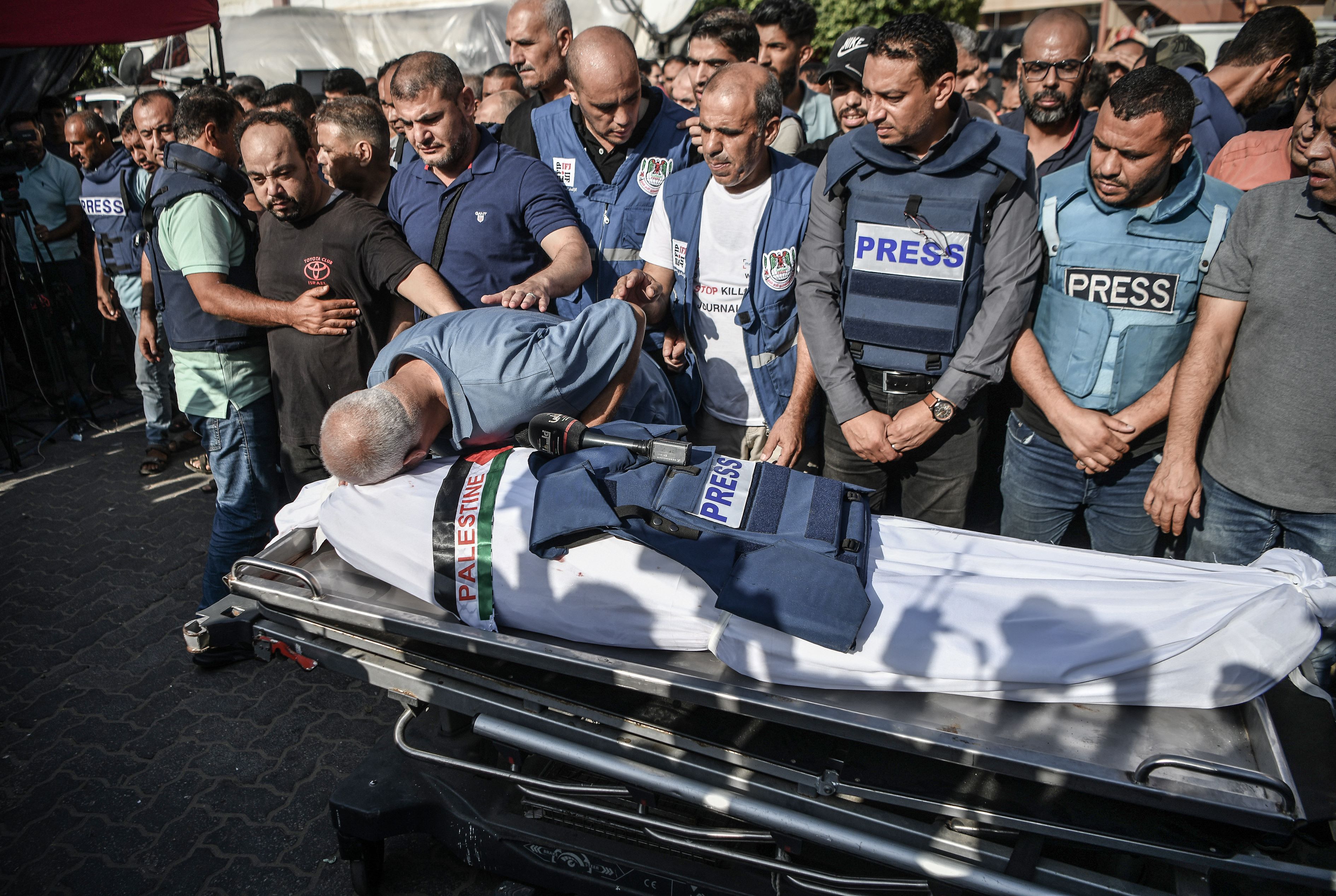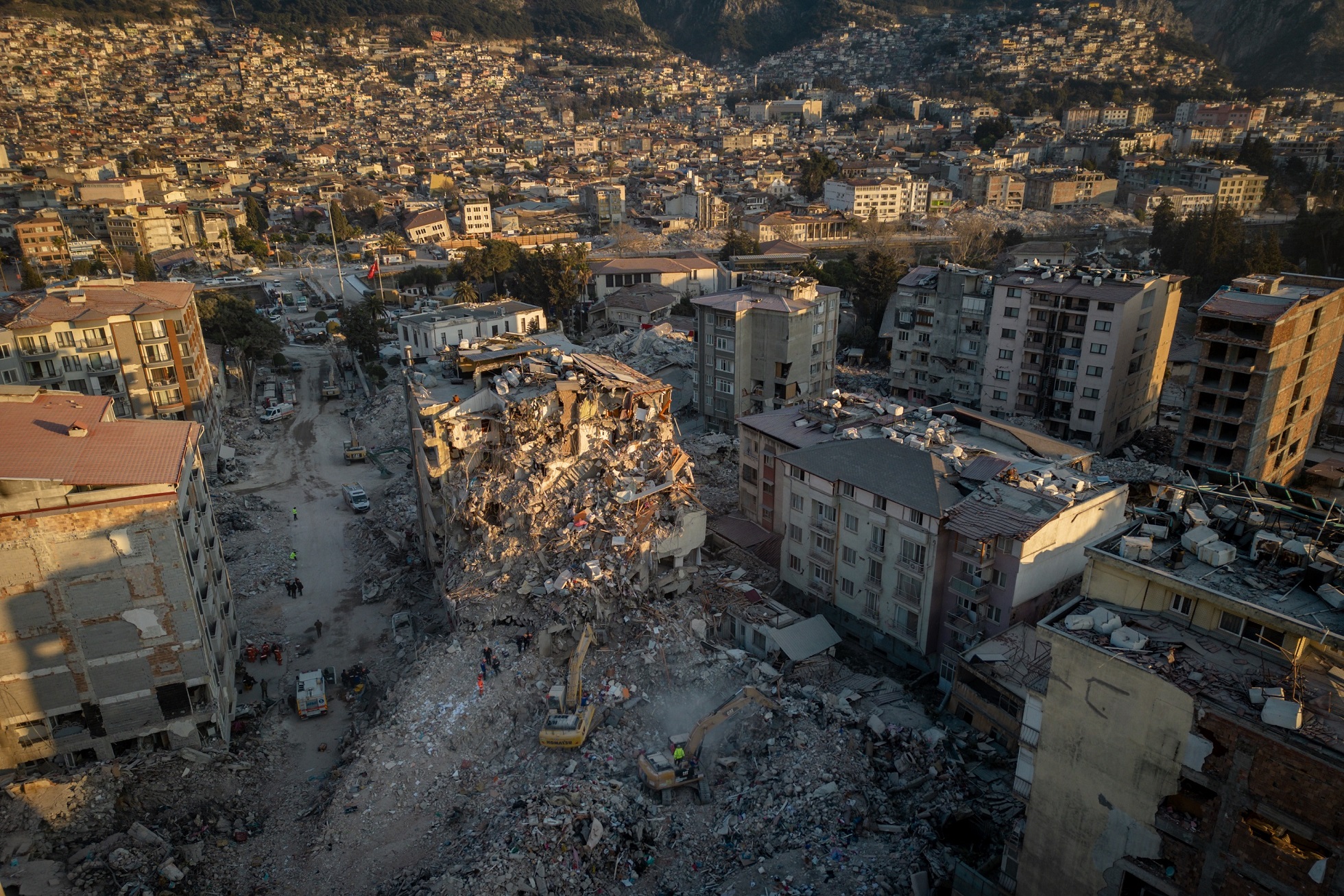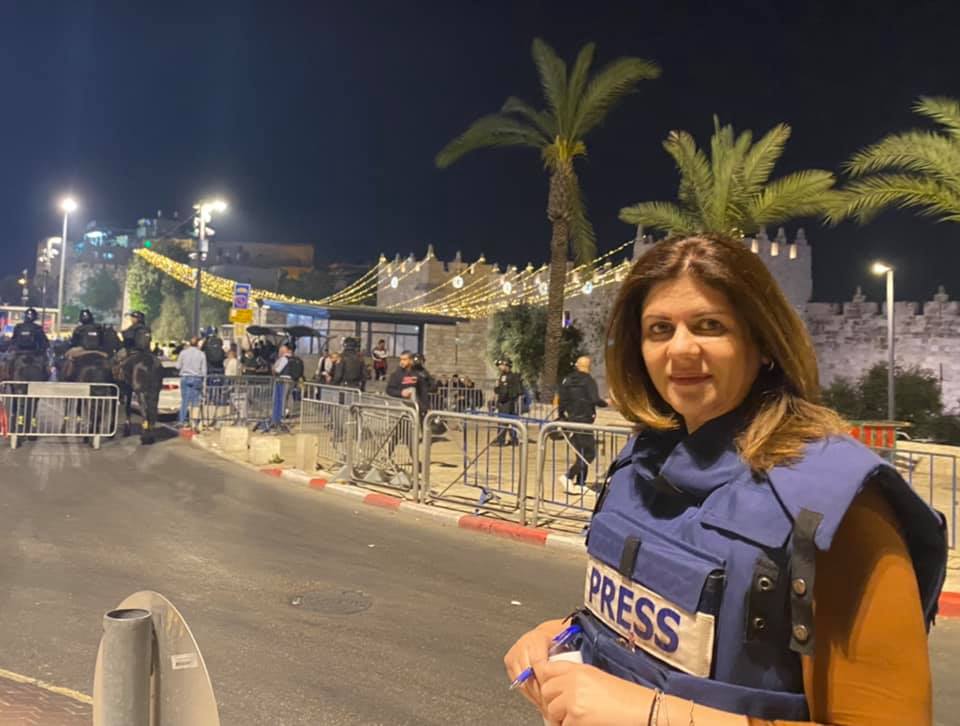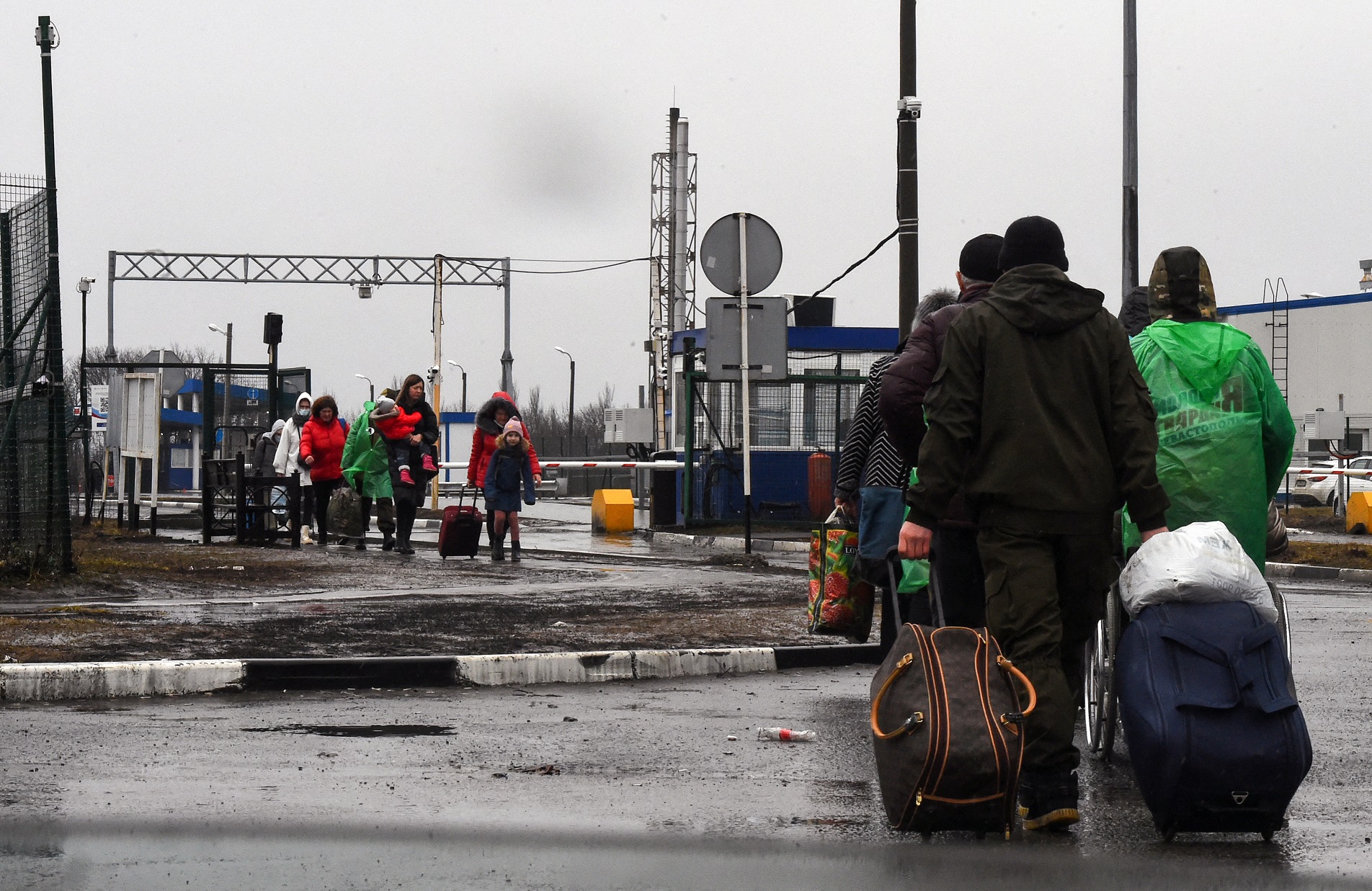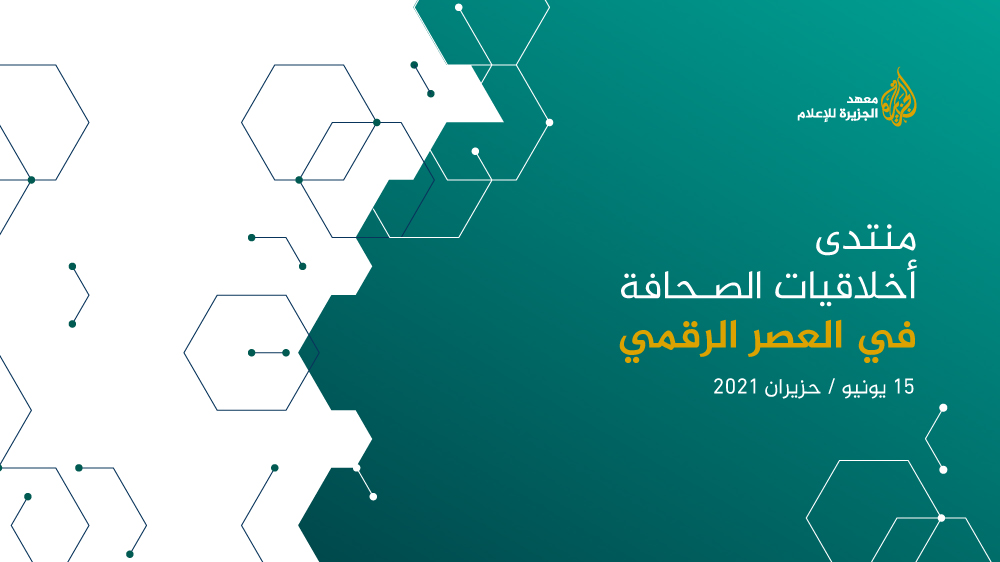- Western mainstream media biases and defence of the Israeli narrative are connected to orientalism, racism, and imperialism, serving the interests of Western ruling political and economic elites. However, it is being challenged by global movements aiming to shed light on the realities of the conflict and express solidarity with the Palestinian population.
On October 7th, 2023, Hamas attacks triggered renewed Israeli military operations that left 1,139 dead, according to Israeli authorities. However, Western media coverage has largely focused on Israeli "suffering" and "self-defense", neglecting crucial context and casualty details. For example, many Israeli civilian deaths were caused by Israeli fire on buildings holding detained Israelis. Furthermore, initial claims of 40 beheaded Israeli children spread through the media but were later debunked, showing how unverified information from Israeli sources spreads unchecked.
Studies also indicate systemic media bias against Palestinians in major Western nations. As violence in Gaza continues unabated, pressing questions remain around disproportionate force and the role of media in shaping the dominant narrative. This article aims to provide a more comprehensive overview of the human cost of occupation through eyewitness accounts and analyses seldom seen in mainstream outlets. It also examines the underreported impacts of ongoing displacement and how biased reporting impacts the conflict.
Western Coverage of Palestine and Israel's Aggression on Gaza
The Israeli occupation army continues waging a genocidal campaign against Palestinians in the Gaza Strip. Over 2 million inhabitants, representing more than 90% of Gaza's population, have been displaced or killed as a result of constant bombardment and violence. Official figures report over 32,000 Palestinians dead, including 12,300 children in over 5 months - a higher number than children killed in all global wars over the past four years combined.
This ongoing assault constitutes a new Nakba or catastrophe, similar to the first Nakba in 1948, when more than 700,000 Palestinians were driven by force from their homes and became refugees.
Western mainstream media continue to focus primarily on Israeli "suffering" and "self-defense" following the October 7, 2023 Hamas attacks, which left 1,139 people dead according to Israeli authorities. These figures include 695 Israeli civilians, 373 security forces members, and 71 foreigners. However, it should be noted that many Israeli civilian deaths were also caused by Israeli occupying forces, including tank shelling of houses where Israelis were detained - a crucial detail that has received little coverage in mainstream Western outlets. Some recent articles have started debunking numerous false claims initially propagated without verification by Israeli media and repeated in the West. For example, early reports of 40 beheaded Israeli children were later proven fabricated. These accusations were nevertheless endorsed and spread by mainstream Western media and politicians including US President Joe Biden. In addition to this, several studies have demonstrated systemic media biases against Palestinians in different Western countries.
Moreover, alternative journalism from the ground has become nearly impossible as Israeli occupation forces have been quasi-systematically targeting Palestinian journalists in the Gaza Strip. More than 133 Palestinian journalists have been killed by Israel since October 7th.
At the same time, the reality of the ongoing Israeli genocidal war against the Gaza Strip is often ignored by mainstream media. Palestinians have sometimes been dehumanized in media portrayals. Their political aspirations and agency have also been downplayed at times. In much mainstream Western media coverage, the narrative only considers the events starting from October 7th, without providing sufficient context or attempting to explain how the situation developed over the longer term. Perspectives from Palestinians themselves on the historical background are often not prominently featured or allowed, particularly in seeking to shed light on why events reached this point. As explained by Palestinian journalist Motaz Azaiza in a recent tweet regarding questions relating to the 7th of October in mainstream Western media “I answered this question multiple times but they never kept it or shared it because they recorded my interview before and then took what is suitable for their agenda”.
The inherent nature of the Israeli state as a settler-colonial entity, and its policies over time, helped create the circumstances that led to the events of 7 October and beyond - as is so often the case for colonial and occupying powers throughout history. However, to this day 7 October tends to be simplistically portrayed as a "terrorist attack" without appropriate historical context usually being provided. Meanwhile, Israeli responses against Gaza are frequently described merely as acts of "self-defence", with insufficient attention given to...
But why do the majority of Western mainstream media outlets continue to adopt and defend the Israeli narrative? Why is there a tendency towards dehumanising Palestinians and placing disproportionate blame upon them for current events? What interests do Western mainstream media organisations have in maintaining this type of coverage?
The roots of the answers to these questions lie in orientalism, racism and imperialism - all of which are interlinked. The images and narratives propagated by much Western mainstream media cannot truly be divorced from the geopolitical and economic interests of ruling elites in the West. A more nuanced and balanced understanding, which gives due voice to Palestinian perspectives, is needed to properly comprehend and report on this complex and long-standing conflict.
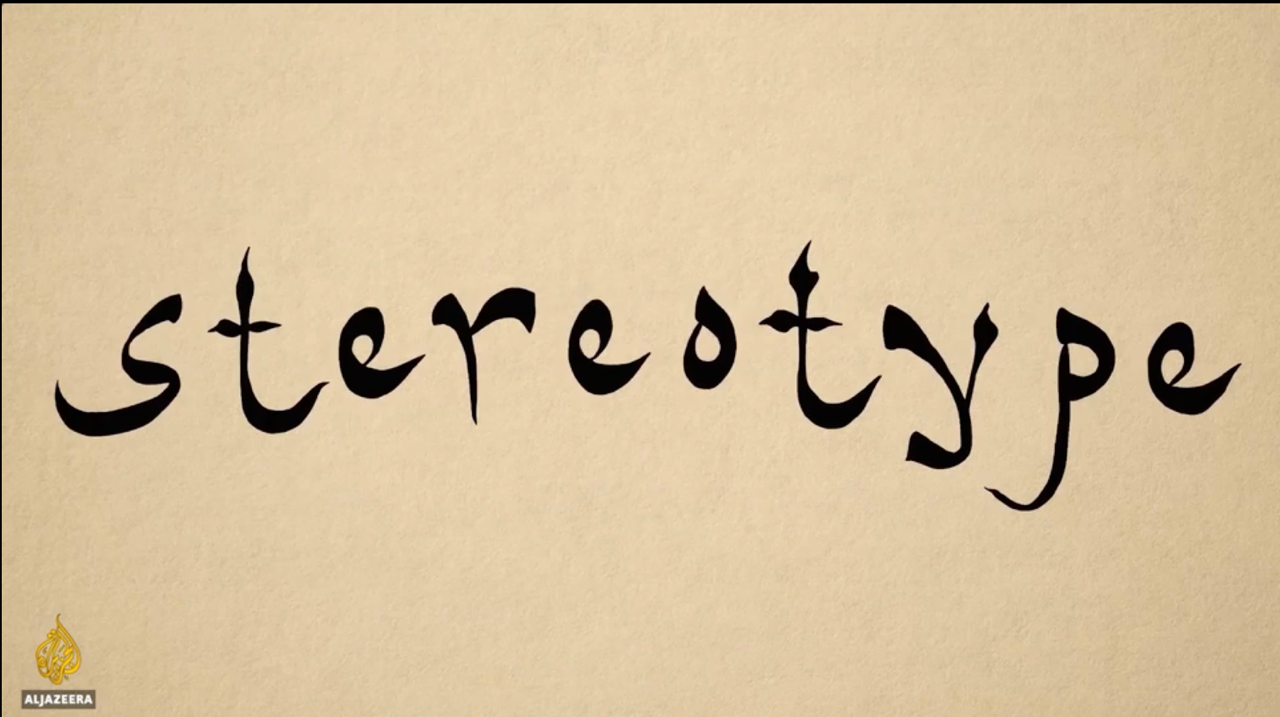
The Evolving Form of Orientalism: Its Underlying Purposes Remain
Orientalism is an essentialist ideology rooted in philosophical idealism and Hegelian notions that people's destinies are determined by their eternal cultures and religions. The term "orientalist" appeared in English around 1779 and in French in 1799, initially focusing on linguistic study but later linked to Western imperial colonial expansions in the Orient and elsewhere. As European powers increasingly intervened, invaded and dominated the Middle East, Africa and Asia in the 19th century, discourses emerged portraying regions like the Ottoman Empire as the "sick man of Europe" and characterizing Arabs with terms like "Homo Islamicus". The idea of a specific Arab/Islamic essence is still very much relevant in traditional and neo-orientalist analysis.
The growing economic, technical, military, political, and cultural superiority of Europe over the Ottoman Empire, and more generally the “Orient”, was associated during this period with the Christian religion (in its Western understanding and practice) and the setbacks of the Muslim world with Islam. Christianity was presented as favorable to progress, while Islam was on the contrary described as repellent to progress. Any resistance to Europe and its influence was presented as religious fanaticism and a rejection of civilization.
This type of discourse has never really disappeared from the Western political scene and mainstream Western media, its intensity varying in certain periods. The speech made over a year ago in October 2022, by Josep Borrell, Vice-President of the European Commission and High Representative of the European Union for Foreign Affairs, at the new Diplomatic Academy European in Bruges illustrates this orientalist perspective. He explains that “Europe is a garden” where “everything works”, combining “political freedom, economic prosperity, and social cohesion that humanity has been able to build ", while he worried that “most of the rest of the world is a jungle, and the jungle could take over the garden… The gardeners have to go to the jungle. Europeans have to be much more engaged with the rest of the world. Otherwise, the rest of the world will invade us, by different ways and means”. This speech of course ignores the constant rise of the far right throughout Europe, the rise of racism and attacks on democratic rights and of migrants, etc…
Thus, it comes as no surprise that both Israeli and Western officials and mainstream media used such rhetoric to describe Hamas's actions on October 7th as barbarian and justify Israel’s genocidal war on the Gaza Strip. An Israeli columnist in the Jerusalem Post for instance declared that “On October 7, Western civilization lost and the barbarians prevailed… The modern West versus the murderous jihad”, while President of the European Commission Ursula von der Leyen “ It is an ancient evil, which reminds us of the darkest past and shocks all of us to the core…Israel has the right to defend itself against such heinous attacks,”
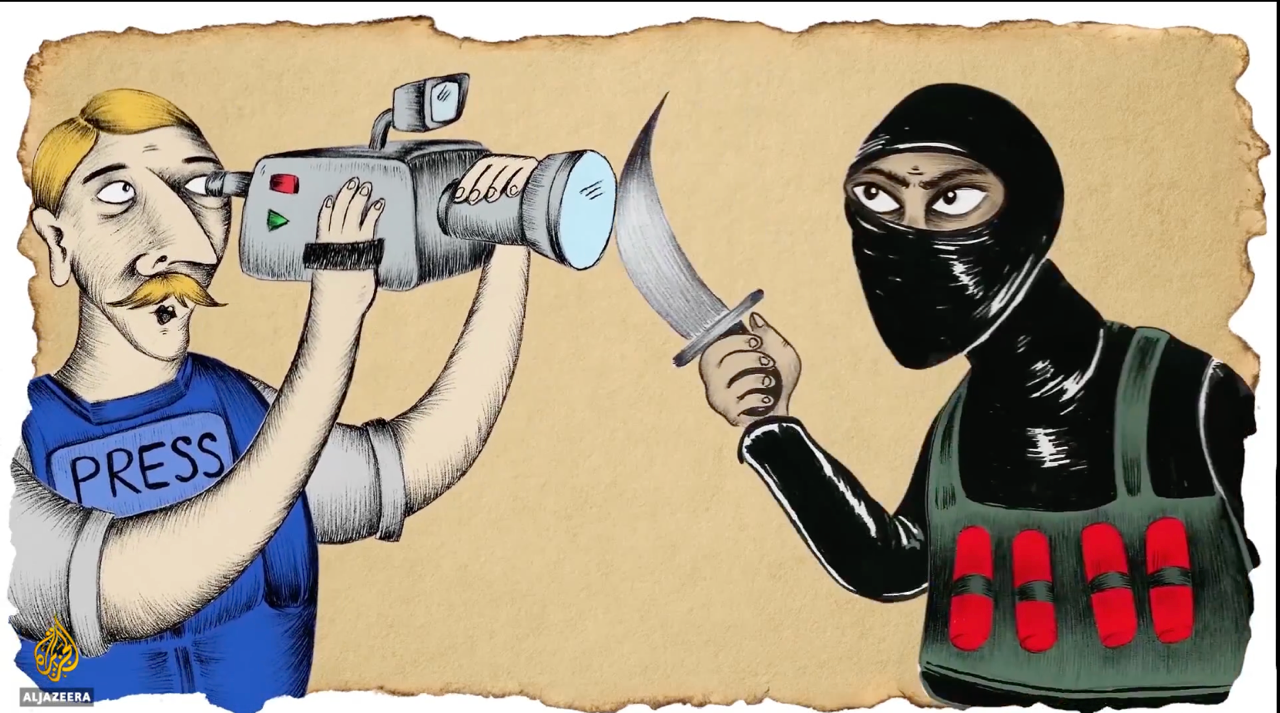
In this strategy, comparisons between Daesh (“Islamic State”) and Hamas have flourished in Israeli and Western officials and mainstream Western media, such as US Secretary of Defence Lloyd Austin describing Hamas as “worse than ISIS”. Attempts by Israel and Western governments to portray Hamas, and Palestinians more generally, as terrorists similar to jihadist organizations are not new. In the aftermath of the attacks of September 11, 2001, the Israeli ruling class described its war against the Palestinians during the Second Intifada as its own “War on Terror.” This is despite both the Palestinian Authority and Hamas condemning al-Qaeda’s actions. Hamas' suicide actions in Jerusalem and elsewhere within historic Palestine were presented as “being one symptom of global Islamic Terrorism”. Prior to this, the PLO and its factions were also compared by Israeli ruling officials as similar to the Nazis.
More generally, attempts by Israel and Western officials to conflate Hamas and jihadist groups such as Daesh or al-Qaeda are part of a larger strategy to increasingly rely on Islamophobia to justify their so-called War on Terror. In the early 2000s, the Bush administration defended Israel’s right to self-defence against “Islamic terrorism,” just as the current US administration and Western states do today.
In this perspective, the objective of eliminating Hamas justifies Israel’s war on the Gaza Strip, as explained by a columnist in The New York Times: “The central cause of Gaza’s misery is Hamas. It alone bears the blame for the suffering it has inflicted on Israel and knowingly invited against Palestinians. The best way to end the misery is to remove the cause, not stay the hand of the remover.” So Israeli officials and pro-Israeli commentators can claim to act in self-defence, and even in some cases to help Palestinians, by committing genocide against Palestinians…
This racist perspective of mainstream Western media is rooted in an orientalist view of the world, and more particularly of the region. This Orientalism is entrenched in modern political dynamics, including imperialism, colonization, class struggle, gender, and racist dynamics, etc... This understanding is therefore different from that of the famous Palestinian author, Edward Said, author of the book Orientalism. Said did not criticize historical idealism as the main matrix of cultural essentialism in his book “Orientalism”, and there is a form of homogeneous historical continuity in his criticisms of Orientalism going back to ancient Greece until nowadays. As argued by Aijaz Ahmad, there is no consideration of class dynamics, gender dynamics, no mention of history, resistance, human liberation projects, etc...
In other words, Orientalism is not a profoundly modern phenomenon, as we have explained, but is the natural product of an ancient and almost irresistible European spirit to distort the realities of other cultures, peoples, and languages, in favor of Western self-affirmation and domination. Joining the constructive criticisms of other oriental authors also critical of orientalism, such as Sadiq Jalal al-Azm, Mehdi Amel, Samir Amin, and Aijaz Ahmad, there is a risk with Said’ understanding of orientalism of falling into his denunciations of Western essentialism, in a form of “orientalism in return or inverted” as explained by al-Azm.
Indeed, how do we explain the defence of Israel’s murderous policies by mainstream Western media, if not rooted in the protection of their political interests? This is done through an orientalist lens.
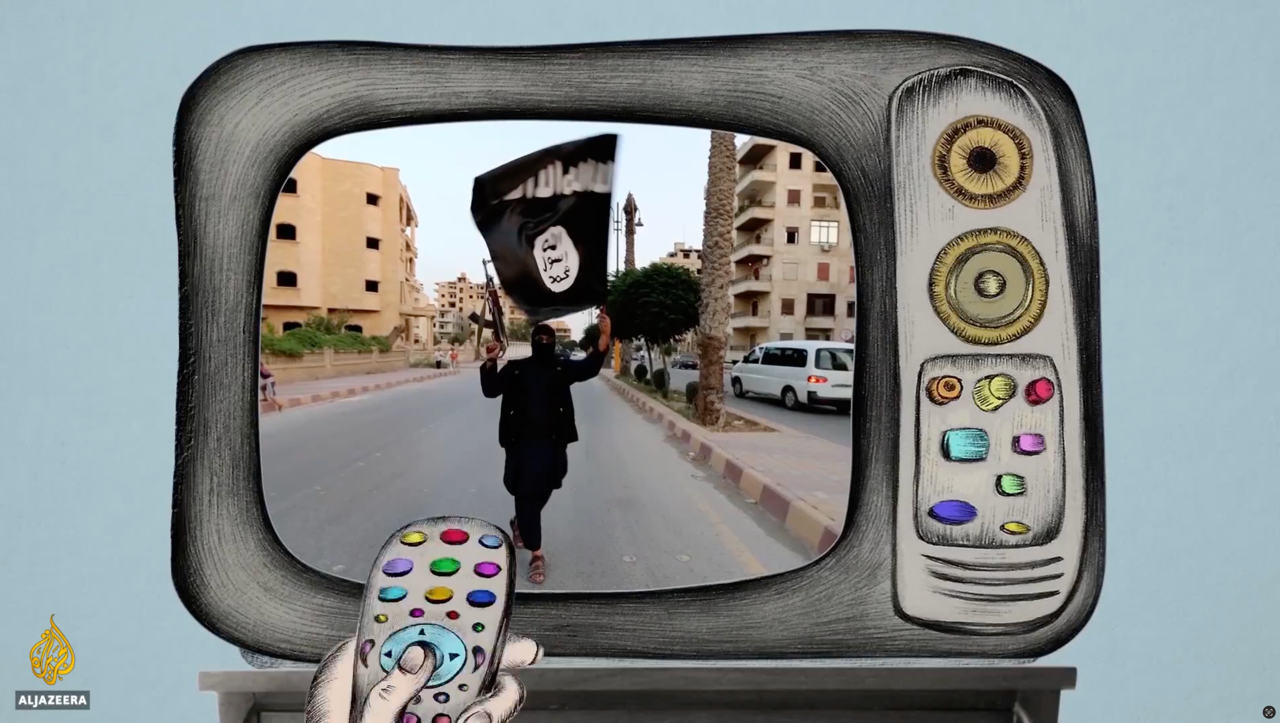
Israel, an Important Asset for Western Ruling Elites
In a typical orientalist framework, Israel has been presented by its Western allies and its mainstream media for decades as a beacon of democracy and progress in a hostile region populated by barbarians.
This propaganda has also been promoted by leaders of the Zionist movement before the creation of Israel, and until today by current Israeli officials. Before the Nakba and the foundation of Israel in 1948, Theodor Herzl, the main ideologue of the Zionist movement, wrote that the future Jewish State would be “the vanguard of civilization against barbarism”. He advocated indeed for a colonial project seeking to install a predominantly European population, of Jewish origin, on a land predominantly populated by Arab populations, in this case Palestine.
Today this discourse is held by Israeli officials. Prime Minister Netanyahu has stated in numerous speeches after the 7th of October that: “Israel is fighting not only its war but humanity’s war against the barbarians…“Our allies in the Western world, and our partners in the Arab world, know that if we do not win, they are next in line in the campaign of conquest and murder from the axis of evil”… Similarly, Israeli President Isaac Herzog claimed that Israel’s war on Gaza “is intended…to save Western civilization,” as Israel was being “attacked by a jihadist network,” and “if it weren’t for us, Europe would be next, and the United States follows.”
Western officials and mainstream media have supported this propaganda. The word genocide or genocidal war is nearly never mentioned by these actors, but moreover is rejected when used by critics of Israel. This impunity of the Israeli state did not start following the 7th October but has been ongoing for decades. Even mainstream groups now recognize the violent and reactionary nature of the Israeli state. For example, both Human Rights Watch and Israel’s B’Tselem have denounced Israel’s ongoing seizure of Palestinian land. They have documented how Israel has violated international laws to back more than 700,000 settlers building colonies in the occupied territories of the West Bank and East Jerusalem. They also concluded that Israel is an apartheid state that gives Jews special privileges and reduces Palestinians to second-class citizenship.
This demonstrates once more that the so-called principles of European states and the US regarding democracy and respect for human rights are only used for rhetoric propaganda, seeking to cover policies rooted in the protection of their own political and economic interests. In the framework, the statement made by Palestinian pastor Munther Isaac, of Bethlehem, saying is right: “To our European friends, I never, ever want to hear you lecture us on human rights or international law again.
As mentioned above, the Zionist movement from its origins in Europe to its foundation of Israel in 1948 and its displacement of Palestinians today has been a settler-colonial project. To establish, maintain, and expand its territory, the Israeli state has had to ethnically cleanse Palestinians from their land, homes, and jobs. To do this, it had to seek foreign support. Indeed, throughout this process it allied with, and found sponsorship from, imperialist powers, first the British Empire and then the United States, which used Israel as their agent in the struggle against their enemies, or perceived as such, in the region.
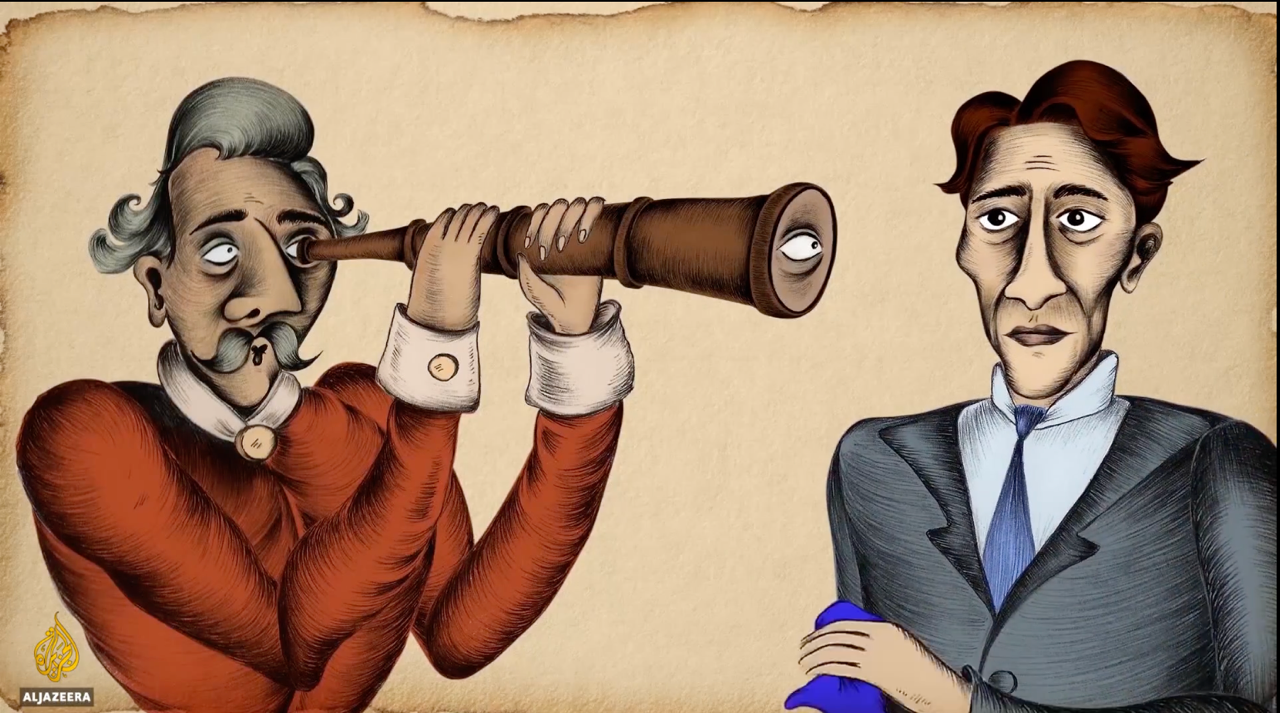
The British initially supported the Zionist project to create an allied nation in a region of great political and strategic importance – a "loyal little Ulster" in the words of Ronald Storrs, a senior civil servant of the British Foreign and Colonial Office.Then, Washington, particularly following the Six Days War of 1967, has been the principal support of Israel, which also acted as its local police force against the perceived American threats in the region, and any event that would challenge its control over its strategic energy reserves. Since then, the US has backed Israel. Washington has poured an average of USD 4 billion annually into Tel Aviv’s coffers, backing its colonization of Palestine and its wars of aggression against different governments and movements in the region. According to a Congressional Research Service report from March 2023, the US has provided Israel with USD 158 billion in bilateral assistance and missile defence funding since 1948, which constitutes the largest cumulative recipient globally of US foreign assistance since World War II.
While US officials have used on several occasions its veto card against resolutions calling for a potential ceasefire, the current Israeli war against the Gaza strip would have been impossible in military means without US continuous support. The current US administration has indeed made over 100 weapon transfers to Israel without any public debate, using a loophole in which the specific dollar amount of each sale fell below the required threshold at which Congress must be notified. On its side, Israeli newspaper Haaretz stated that publicly available flight-tracking data shows that at least 140 Israel-bound heavy transport planes have taken off from American military bases around the world since Oct. 7, transporting equipment mainly to the Nevatim Airbase in southern Israel. Similarly, by November 2023, the German government had approved the export of approximately 303 million euros (USD 323 million) worth of defence equipment to Israel. By comparison, 32 million euros' worth of defence exports were approved in 2022.
The reason is that Israel is still perceived as a key actor to preserve Western interests in the region. The process of normalization between Israel and Arab countries initiated by President Donald Trump and continued by President Joe Biden had the objective of consolidating US interests in the region, including in its rivalry with China. One of the main objectives of Hamas’s attack on Israel on October 7 was to undermine this process and has been temporarily successful. Soon after the Israeli war against the Gaza Strip erupted, Saudi Arabia indeed responded by halting all progress on bilateral agreements between itself and Israel and announced that no normalization process would occur between the two countries before a clear establishment of a road plan for the creation of a Palestinian state alongside Israel.
Moreover, many European states and the US have tried to amalgamate antisemitism and antizionism to criminalize solidarity with the Palestinian struggle and support the Boycott, Divestment, and Sanctions (BDS) campaign. These actions must be understood as a larger objective by Western elites of targeting progressive and left-wing politics as we have seen in the UK, France, Germany, and the US, and attempts to curtail democratic rights in these societies.
In this framework, conspiracy theories claiming that Jews control the world do not challenge Orientalist perspectives, but on the contrary, reinforce them. Indeed different forms of racism generally nurture each other, as anticolonial thinker Frantz Fanon said “When you hear bad things about Jews, prick up your ears, people are talking about you” (Frantz Fanon). Moreover, these kinds of explanations partially undermine the responsibility of Western elites in the Palestinian tragedy. This is without forgetting that Western support to Israel has never prevented continuous antisemitism of their elites. From Lord Balfour to US President Trump, they all have supported antisemitic policies or dynamics. Lord Balfour was indeed the author of the letter saying that “His Majesty's Government view favorably the establishment in Palestine of a national home for the Jewish people”, but also one the promoter of the Aliens Act of 1905 which closed British borders to Jewish emigrants fleeing Russian pogroms, while Trump supporters marched in Charlottesville in 2017 shouting “The Jews will not replace us”. Similarly, in France, Emmanuel Macron has been criticized for rehabilitating Marshal Pétain or putting the anti-Semitic theorist Charles Maurras back into the spotlight.
Challenging Orientalism and Imperialism: a Common Struggle from Below
The challenge to orientalist and racist perspectives on Palestine and Palestinians, as well as other non-white populations, are connected to struggle from below throughout the world and particularly in Western societies, in which ruling institutions are the main producers of such ideas. As earlier mentioned, the Palestinian cause influences political dynamics far beyond the Middle East.
The first critiques of orientalism and orientalist studies in the West emerged during the decolonization period following the 2nd World War by authors from colonized regions and often living in Western countries, such as Anouar Abdel al-Malek and Edward Said. Mainstream orientalist studies and orientations in academia started to be challenged after the First World War of 1914-1918, and by the Russian Revolution, but moreover by the increasing and rising resistance by anticolonial movements to Western imperialism in the “Orient”, from Asia passing through the Middle East to Africa. Later on, anti-racist and feminist movements also played a role in challenging such ideas in Western states.
Similarly, today, the multitude of struggles occurring in various societies, academia, workplaces, alternative media, etc… by pressuring ruling authorities and governments to act to prevent the continuous Israeli genocidal war against the Palestinian population in the Gaza Strip, to shed light on the historical context of Palestine, the settler colonial nature of Israel and its Apartheid system of rule, and more importantly act in solidarity with the Palestinians, is challenging the oriental perspective of mainstream western media, acting as a shield (one of them multiple ones) in protection of Western ruling elite interests.
The views expressed in this article are the author’s own and do not necessarily reflect Al Jazeera Journalism Review’s editorial stance






